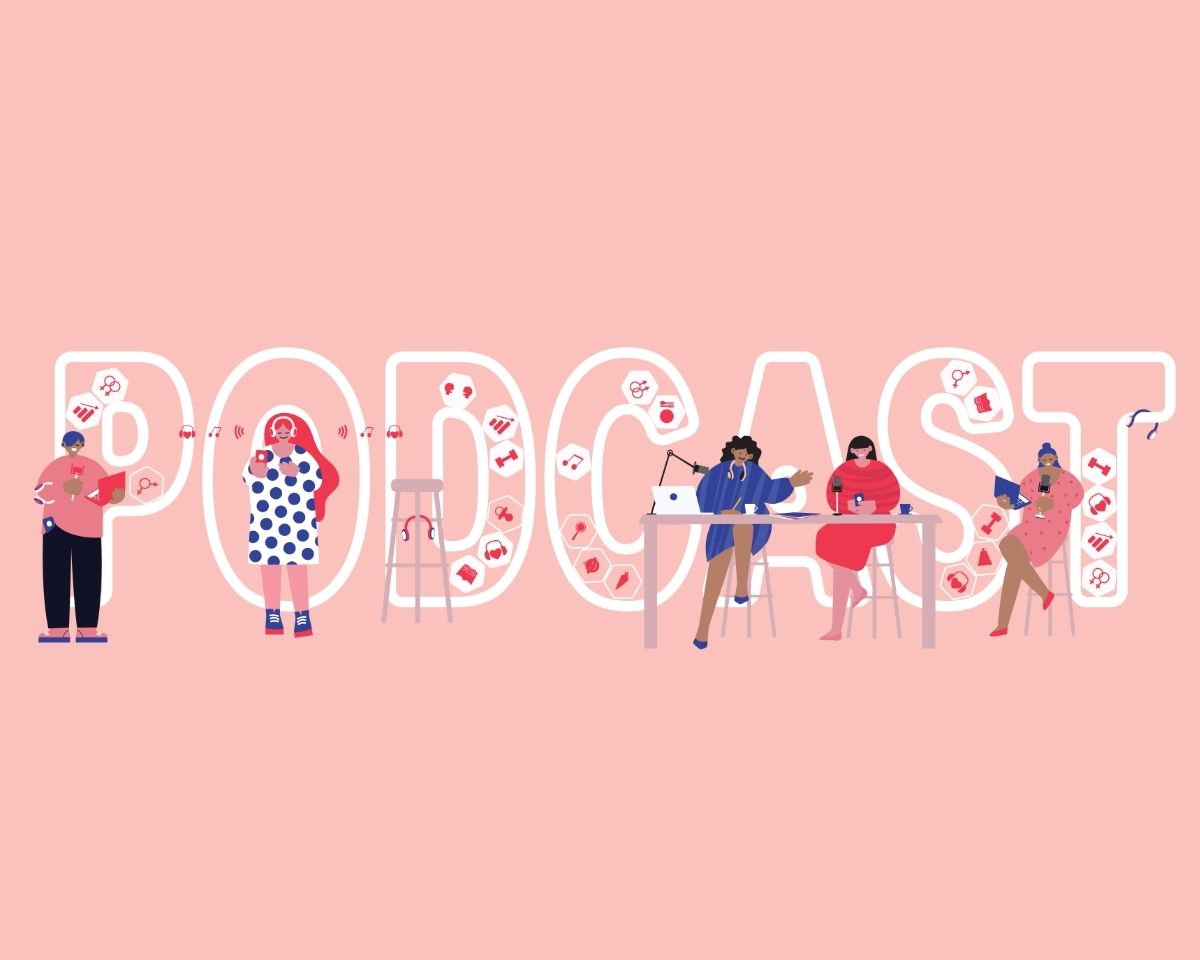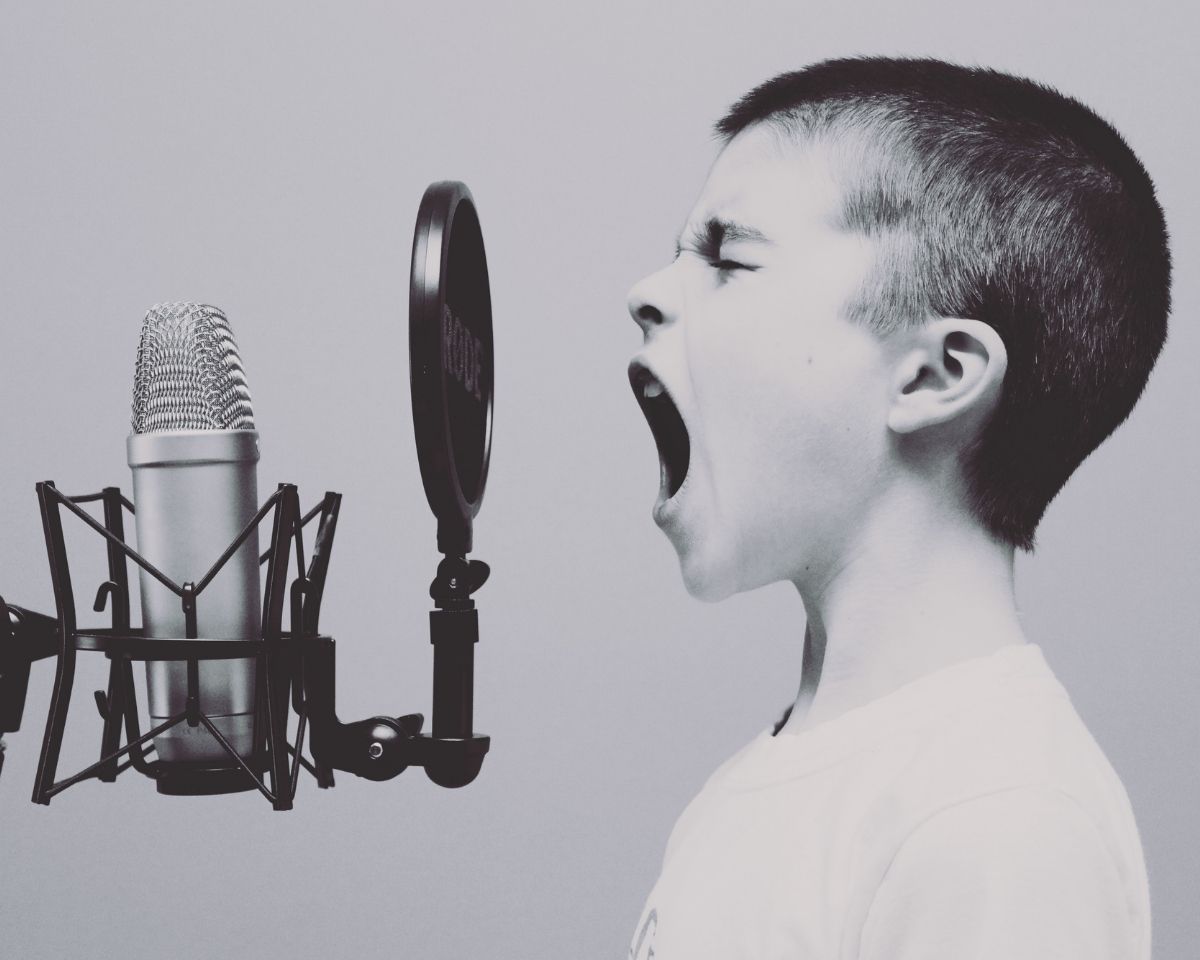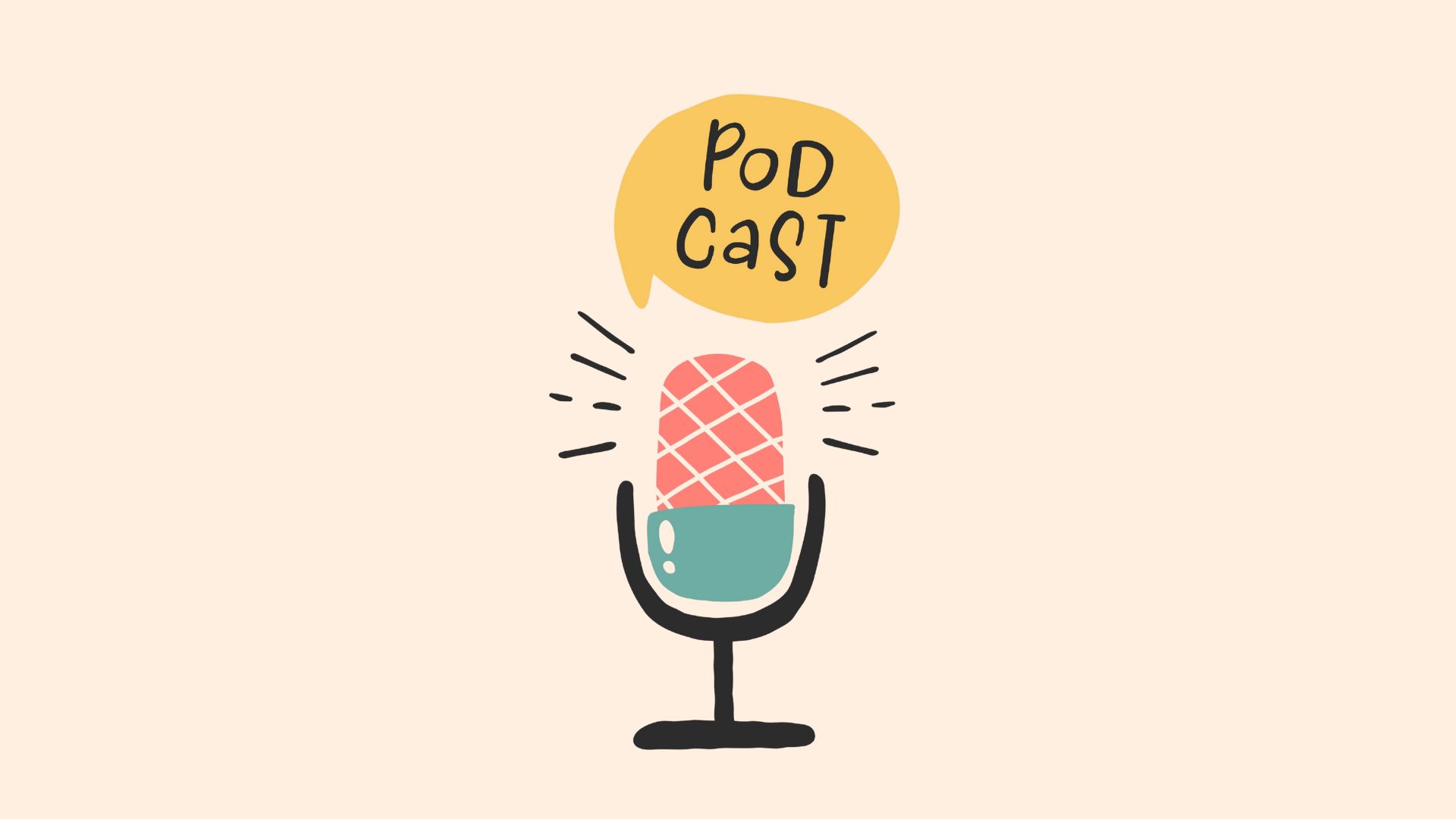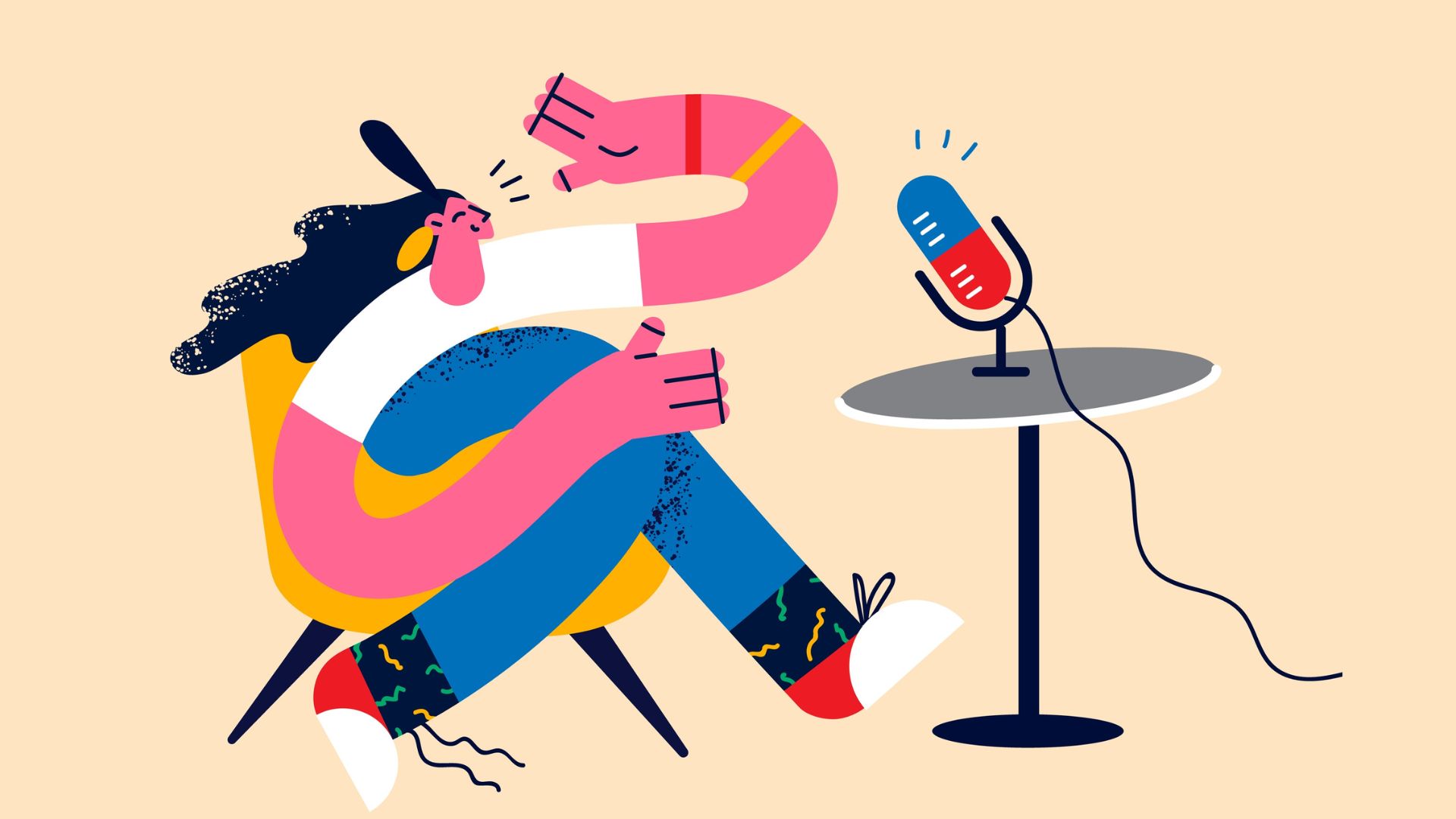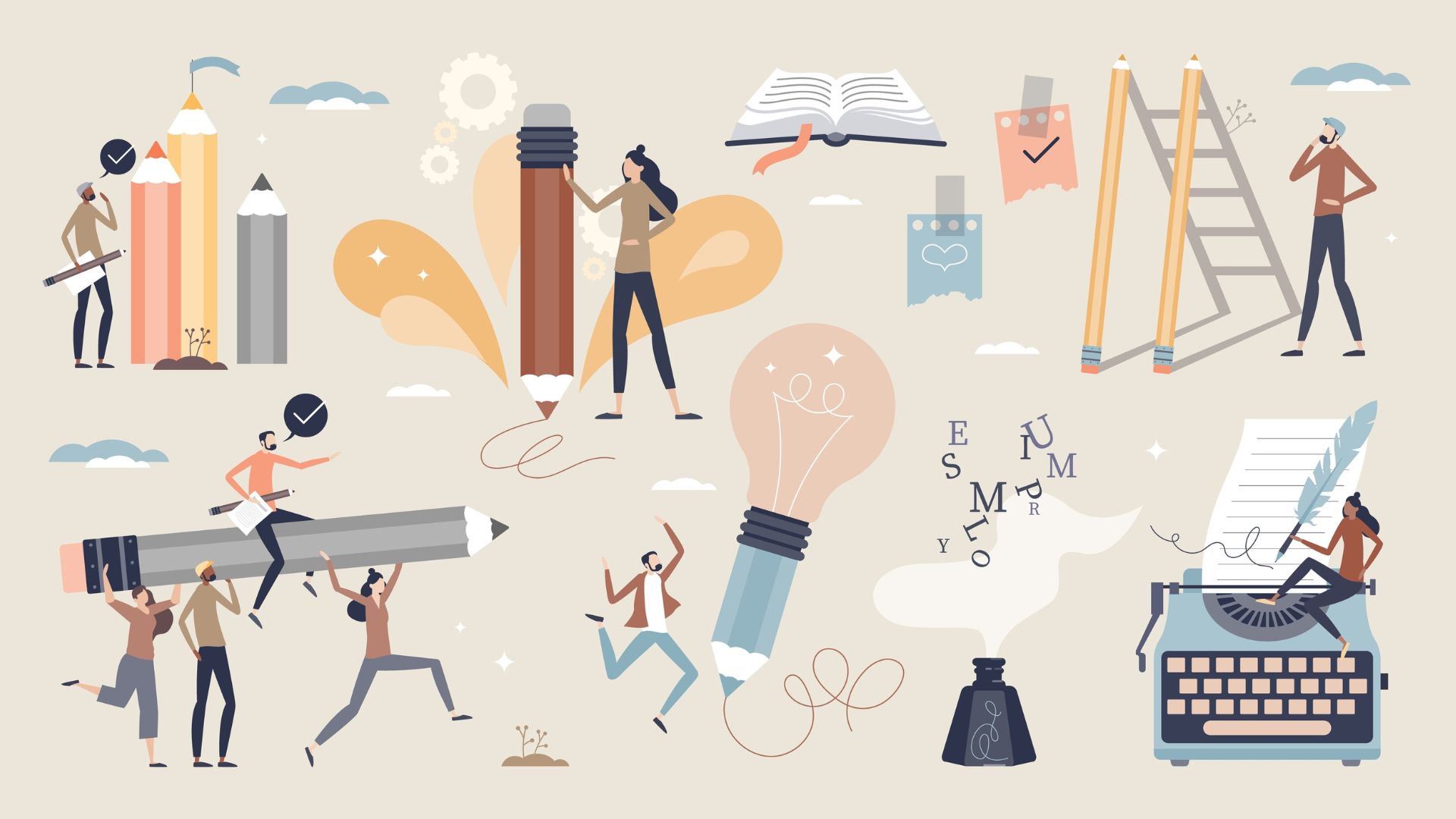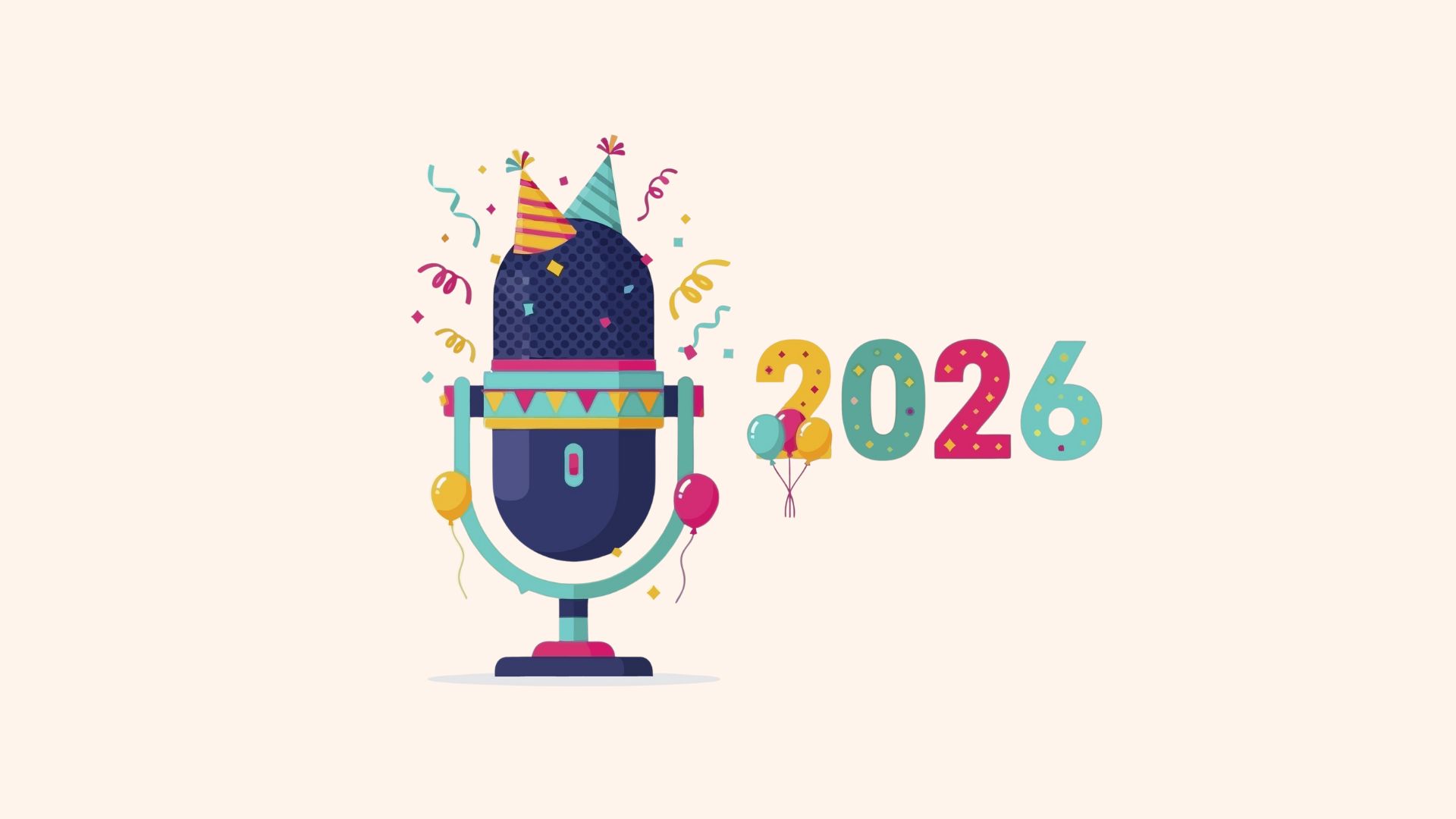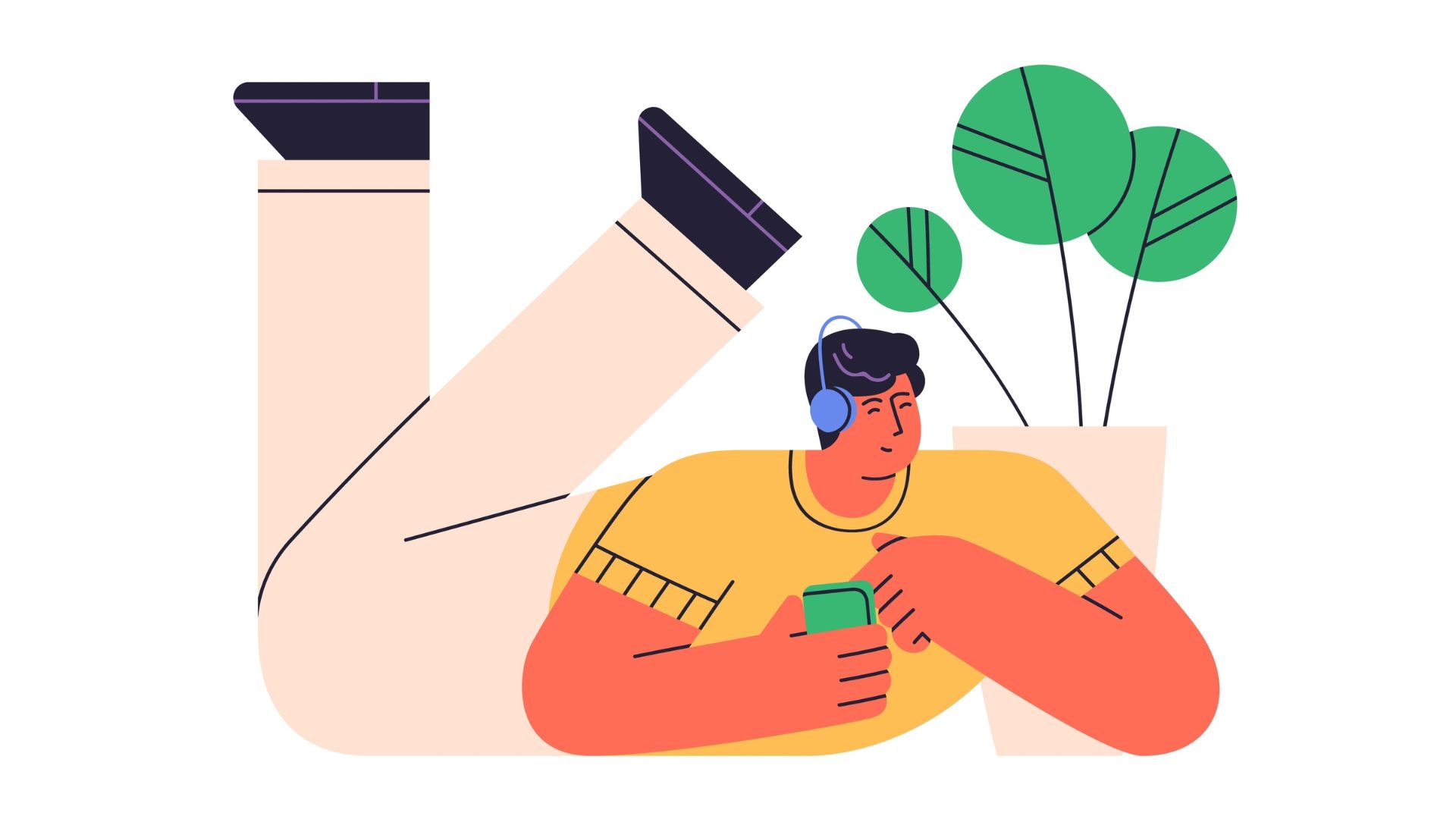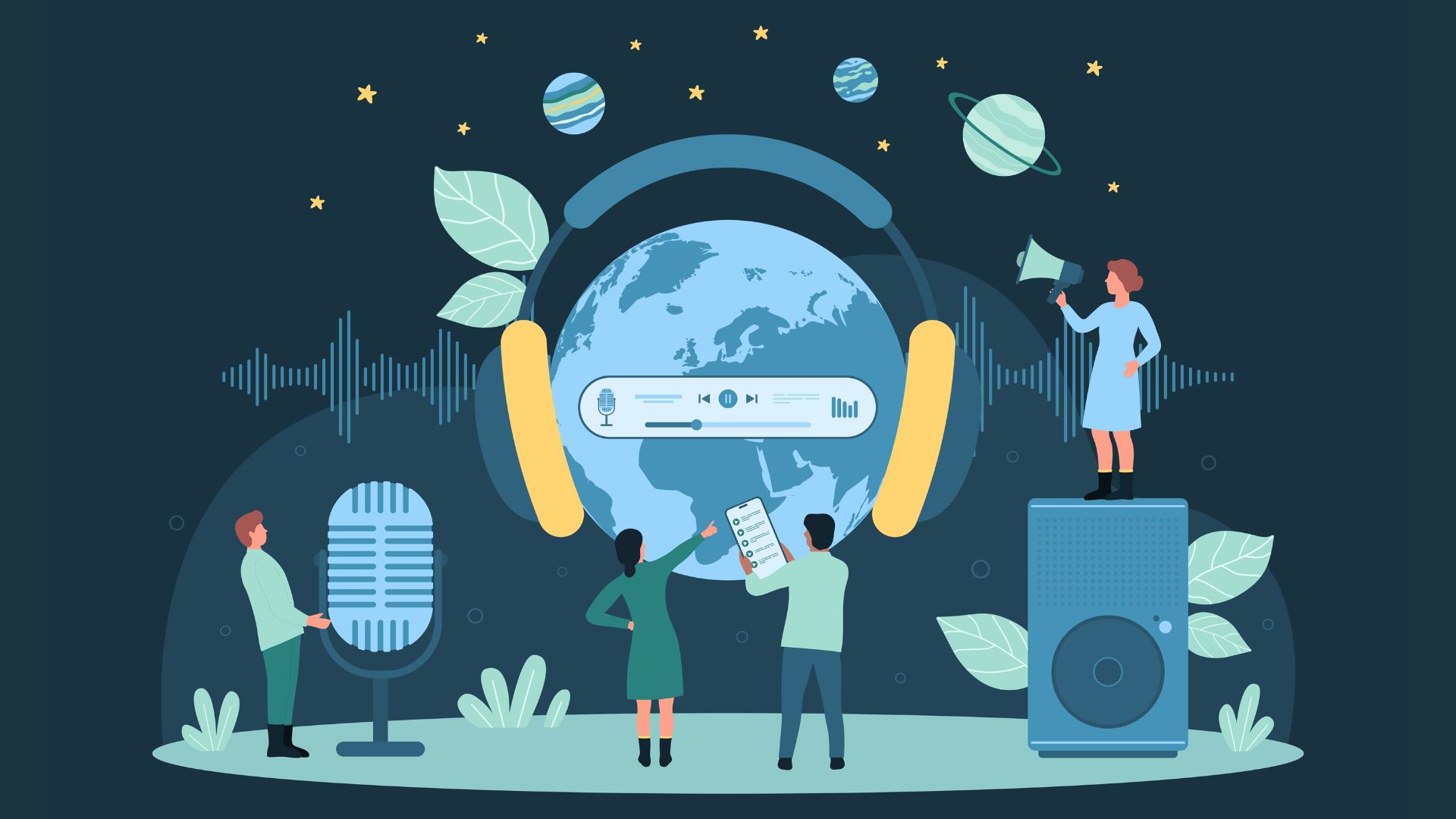How to present your podcast like a pro
As a podcast presenter, you want your audience to feel like you’re having a natural conversation with them.
To do that you’ve got to strike a balance between ‘conversation’ and ‘performance.’
The Holy Grail of podcast presenting is when your audience says “I feel like I know you” or “When I listen to your podcast it feels like I’m listening to a friend.”
The only way to make your audience feel that way is to speak to them in a way that feels comfortable, relaxed and familiar.
Want help starting your podcast? Download my FREE ‘How To Start A Podcast’ guide.
Podcast hosting tip: Don’t forget you’re presenting a show
When you’re podcasting from your bedroom, it’s easy to forget you’re hosting a show and performing to an audience because there’s no one there to bounce off.
In this situation most new podcast hosts lower their energy and come across to their listeners as flat and sometimes, a little bit dull.
To really capture the attention of an audience and keep them engaged you need to present your podcast with a lot of energy so it’s important to think of it like a performance, even if you’re sitting in your PJ’s talking to the wall.
That doesn’t mean you need to roll into your listener’s ears with the energy of Richard Simmons.
But you do need to inject a bit more power, emphasis and excitement into your voice than you would if you were talking to your mates at the pub.
When you’re presenting your podcast think of the presenter version of yourself as you with 25% extra sprinkle on top.
That additional energy you inject into your voice might feel funny when you’re on your own but it will “burn off” by the time it gets to your listeners.
Get the balance right and what they’ll hear is a confident podcast host who’s in control but still relaxed, calm and conversational.
Practice makes perfect when it comes to podcast presenting
Practice will help you find the sweet spot between natural conversation and performance – a skill every great podcast host needs.
Hosting a podcast is like any other craft: the more you do it, the more confident and relaxed you’ll sound.
So play around with different levels of energy and listen back to yourself critically to work out where you need to be to engage your listeners while still sounding relaxed.
Nobody likes the sound of their own voice but if you’re going to host a podcast, listening back will help you improve much faster than if you let your show go out into the world without listening to a single episode.
Over time you’ll start to naturally feel where you need to be when you’re presenting but until you get to that point practice makes perfect!
🎙️ Want to start a podcast but feeling overwhelmed?
Grab my free “How To Start A Podcast” guide or get step-by-step support inside my online course, PodSchool.
Got a question about podcasting? Send it my way so I can answer it on the podcast!
